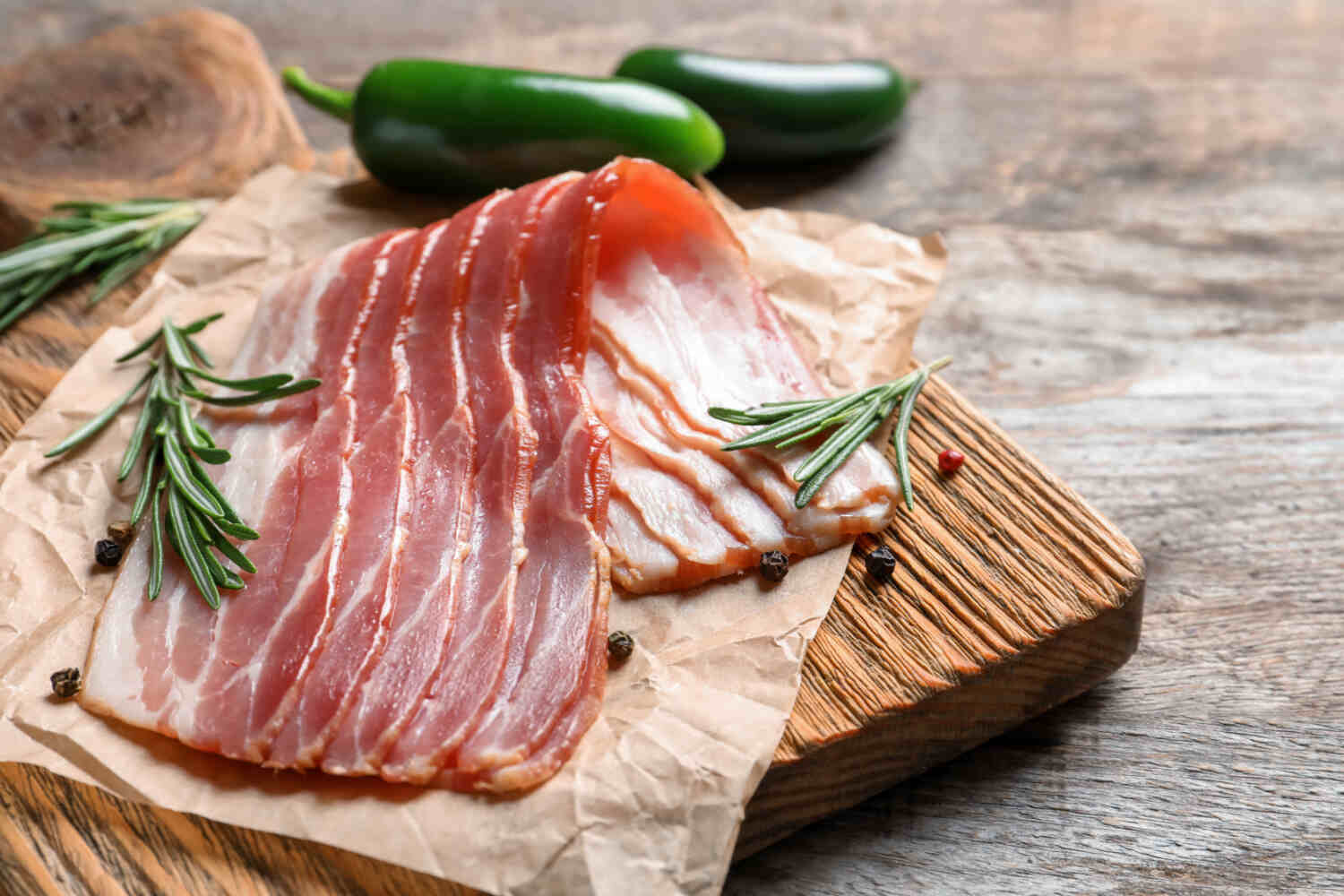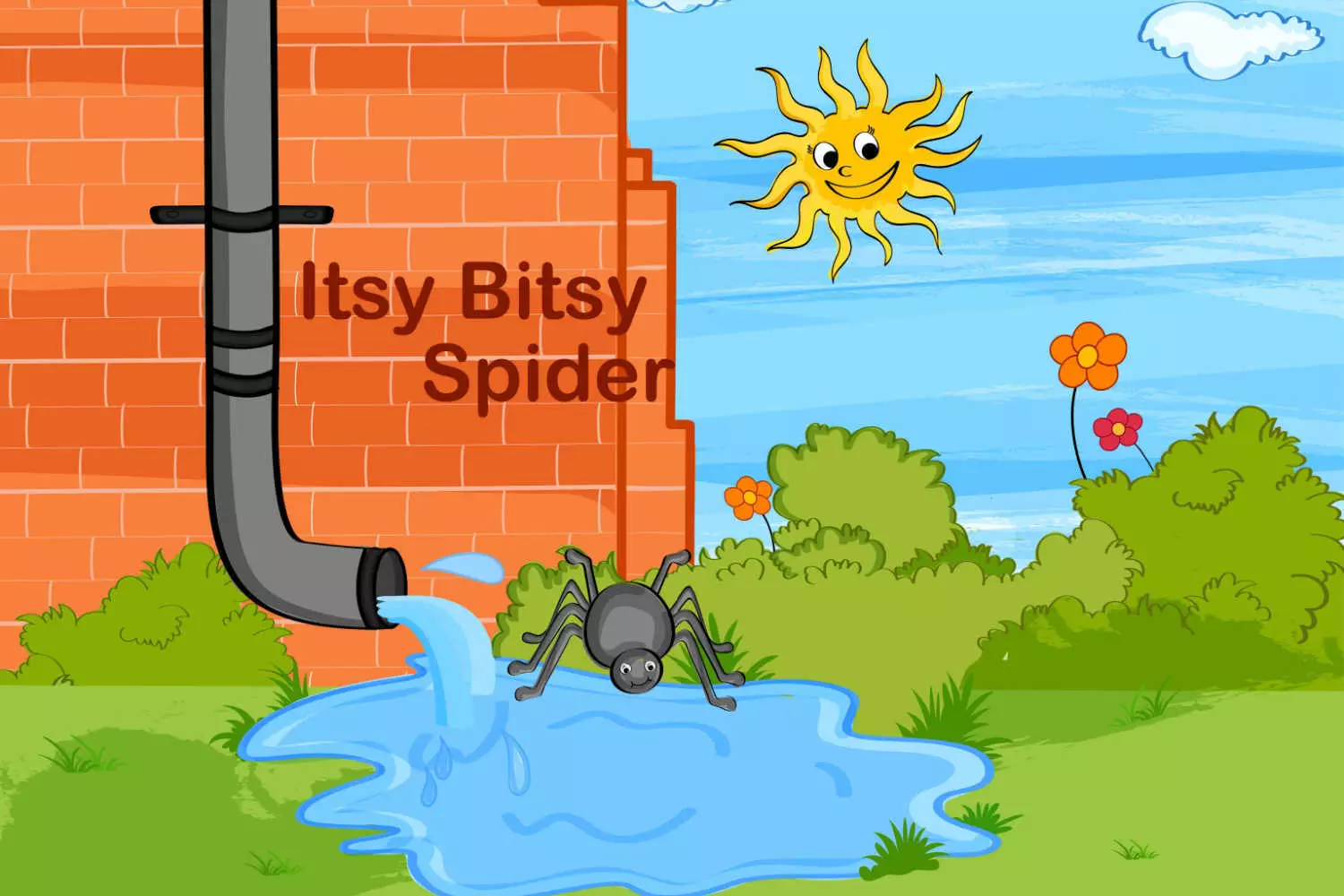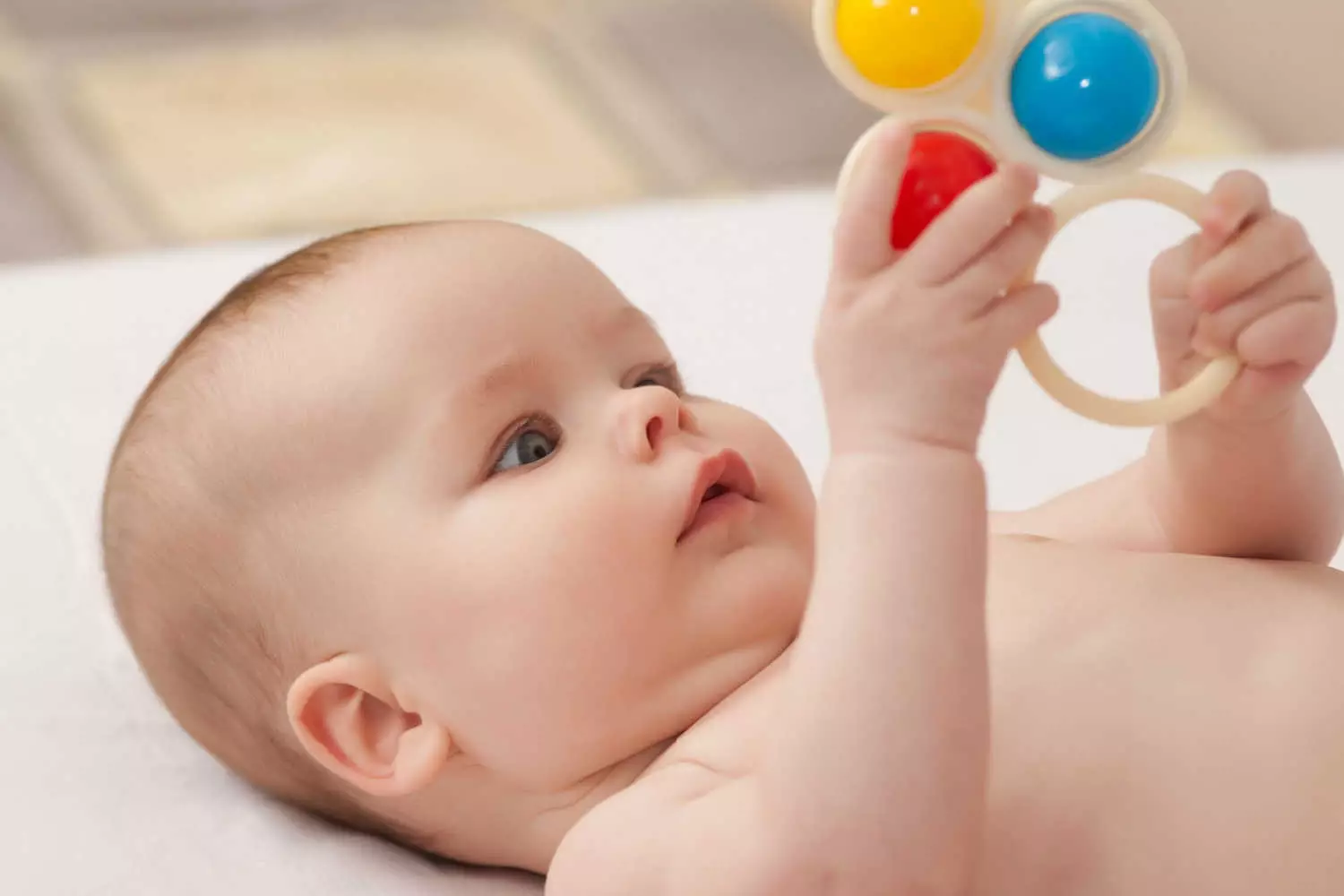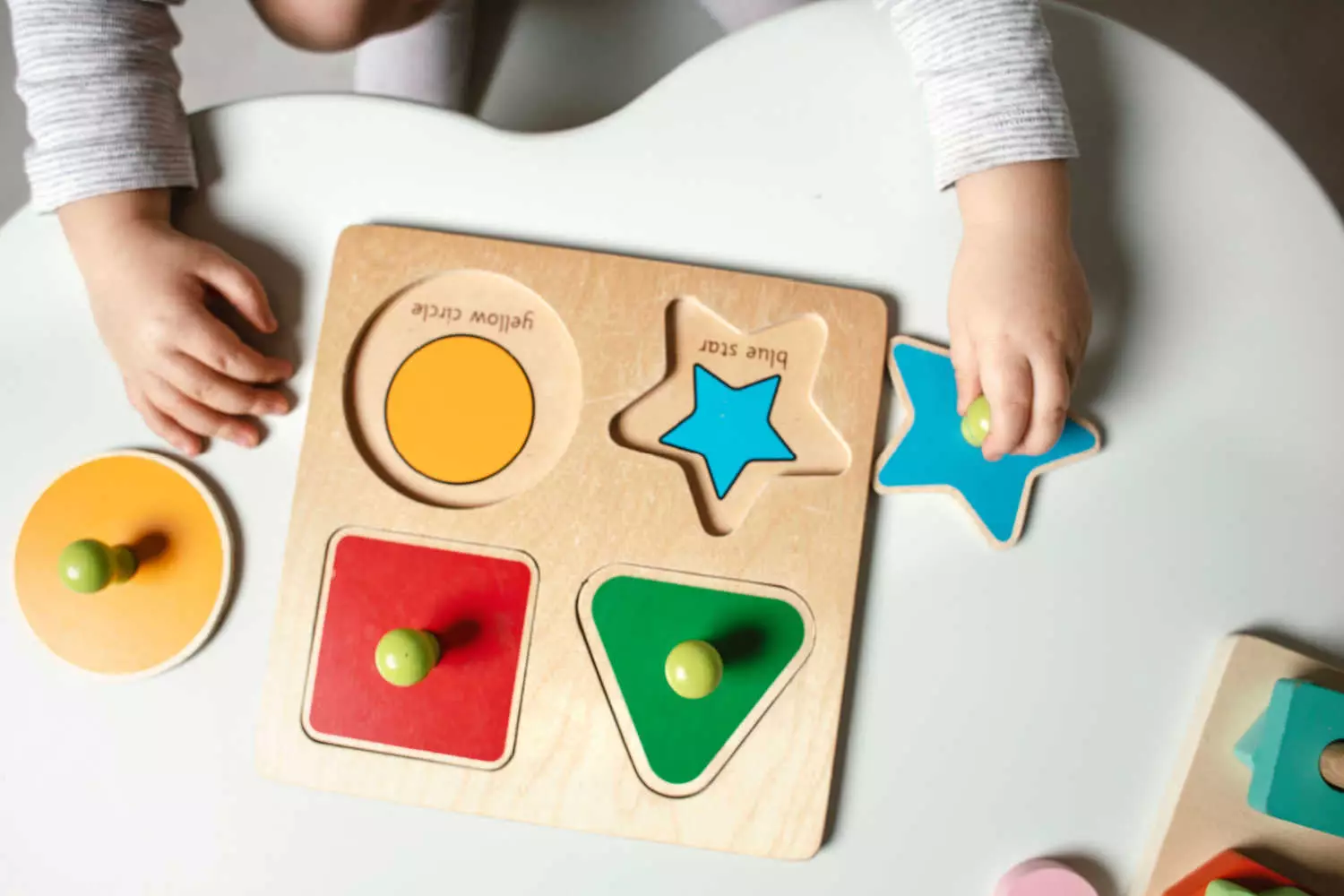
Beans While Breastfeeding : Safety And Benefits
7 min readWritten by Editorial Team


Breastfeeding, a beautiful thread woven between a mother and child. A phenomenal process that binds the mother and the baby forever. The very point, where the tender care and the touch of the mother can be seen and felt that lingers on forever. Since it is an extremely important time for both the mother and the baby, every possible care should be taken about what the mother eats, if she gets adequate rest and sleep, and the kinds of food she needs to consume. Breastfeeding enables the baby to get the best nutrients from the mother’s milk, so one should have a list of items that help and the ones which are not good. In this article, we discuss whether you can have beans while breastfeeding and the best ways of consuming them.
There are several myths about consuming foods like beans, broccoli, cabbage, etc. during pregnancy. Some people are of the opinion it causes gastric tendencies while others suggest it is difficult to digest. So let us have a look at one such food which is beans. We shall get an insight into how safe is the consumption of beans while nursing as well as its benefits and side effects.
In This Article
- What are Beans?
- Is it Safe to Eat Beans While Breastfeeding?
- Benefits of Beans During Breastfeeding
- Side Effects of Eating Beans While Breastfeeding
- When Not to Eat Beans During Breastfeeding?
- Tips to Avoid Gassy Problems with Beans
- Precautions To Take While Consuming Beans
- Cooking Tips
- Beans Recipes For Breastfeeding Mothers
- FAQ’s
What are Beans?
To simply put, beans are the full-grown form of legumes. You can find them without difficulty on the market. They come in canned, frozen, or dry forms. Vegetarian people consume beans as an alternative for animal protein as beans are a rich source of plant protein. Beans are an excellent source of potassium, folate, and dietary fiber.
There are many varieties of beans and some of them are:
- Kidney beans
- Lentils
- Split beans
- Black-eyed beans
Is it Safe to Eat Beans While Breastfeeding?

As discussed earlier, breastfeeding needs vigilant control over the diet as it also affects the milk supply and the quality. Ideally, the diet should be a proper blend of food from all groups, whether it is protein, iron, calcium, vitamins, etc. Beans are a rich source of plant proteins and have a good mix of iron as well as zinc. They are ideal for vegetarian people who do not consume animal protein. Beans even comprise folate, potassium as well as nutritional fiber intake.
As per medical experts, all breastfeeding mothers can consume beans safely without being worried. They are not only economical but have a set of added advantages like constipation issues, helping in reducing fat and they even offer energy to a mother while she is nursing and even enhance the milk production. Continue reading to understand the benefits of beans during breastfeeding.
Benefits of Beans During Breastfeeding
Following are some amazing benefits of beans during breastfeeding:
1. Fights Cancer
Consumption of beans helps in minimizing symptoms of cancer as they are rich in cancer-fighting chemicals like that of phytosterols and isoflavones.
2. Prevents Cardiovascular Disease
As per medical research, it has been found out that beans are rich in iron as well as nutrients and even help in reducing the risk of cardiovascular diseases. The phytochemical that is present in the bean helps to protect the body against any sort of cardiac arrests or ailments.
3. Supports Weight Loss
Every mother gains weight at the time of pregnancy, and the biggest cause of concern and worry for her is to shed those extra kilos. Beans are excellent sources of fiber. They nourish and improve your energy levels. In addition, they also help in regulating the bodyweight post-delivery.
4. Lowers Cholesterol
Beans are an excellent source of fiber, especially soluble fiber. The fiber content keeps the blood cholesterol level under control during the course of breastfeeding. Both the important contents of saponins as well as phytosterols are a major contributors to minimizing bad cholesterol levels.
5. Manages Blood Sugar Level
Intake of beans is ideal for a diabetic patient as it has the correct balance of proteins as well as carbohydrates that help in controlling the blood sugar levels.
Side Effects of Eating Beans While Breastfeeding
While it is completely safe to consume beans as they have many health benefits during breastfeeding, there are certain side effects as well which cannot be ignored. Some side effects of eating beans when pregnant include:
1. Raises Blood Pressure Levels
Beans help in reducing blood pressure levels due to the high protein content. But mothers receiving certain medications, for example for conditions such as postpartum depression, must be careful with consuming beans. Medications that contain compounds such as monoamine oxidase can counteract with beans and increase your blood pressure levels.
2. Interferes with Vitamin Absorption Process
Few varieties of beans, especially soya beans can interfere with the absorption of nutrients such as Vitamin D, B12, and beta-carotene. So, it is ideal to consume your daily vitamin prerequisite by intake of ample quantities of fresh fruits, nuts, dark leafy green vegetables as well as lean red meat during breastfeeding.
3. Initiates Gout
If you are diagnosed with gout, it is advisable to consult the doctor before including beans in your diet chart. Due to the high purine content found in beans, lentils, dried beans, legumes, etc., Gout patients should stay away from consuming them as it elevates the uric acid levels and triggers gout attacks.
When Not to Eat Beans During Breastfeeding?
Even though beans are beneficial during the breastfeeding phase, there are some situations during which they should be eliminated from your daily menu, like:
- If your baby shows signs of colic issues (like crying unusually after he/she has been breastfed) when you take the beans.
- If you are at risk for high uric acid levels in the body, it is always wise to keep away from protein-rich foods such as beans.
Tips to Avoid Gassy Problems with Beans

There are some tips that help to reduce/avoid colic problems in your baby due to your consumption of beans.
- Soak your beans overnight before cooking. Remember to change the soaking water 2-3 times before you use it for cooking.
- Pressure cook, mash or boil the beans in water before consuming them. Remember to discard the water used for cooling. This way, you can get rid of the indigestible carbohydrates in the beans, thereby, reducing the gas formation.
- To avoid colic in the baby due to beans in the mother’s diet, add herbs like fennel, lemon balm, or caraway while cooking. The acidic elements can help in preventing flatulence.
Precautions To Take While Consuming Beans
The following are some simple precautions to take before consuming beans during breast feeding so that you do not experience any unwanted side effects.
- Loose beans are prone to contamination, so opt for packed ones.
- It is best to purchase organic beans from a reputable brand.
- Don’t buy more than you will need to last six months.
- Look for clean, firm, and whole dried beans
- Storing matters. Store dry beans in an airtight container. Refrigerate canned beans in their original sealed cans. Use them within the best before date once you open the packaging.
- You can refrigerate cooked beans in a covered container for up to five days. However, the sooner you use them, the better.
Cooking Tips

By following these cooking tips, you can maximize the number of nutrients you consume while reducing the amount of antinutrients and indigestible sugars in beans.
- Ensure to remove stones, dirt and any other foreign objects from the beans before cooking them. Your beans must be completely clean before cooking.
- Discard any dried beans that appear discolored, shriveled, or broken. Wash the remaining beans under cold water.
- After cleaning, soak the beans well before cooking. In addition to helping soften the dry beans and reducing cooking time, soaking helps remove antinutrients significantly.
- You can soak your beans in either hot or cold water, totally up to you.
- Always soak your beans in a large pot or vessel since beans tend to absorb and double, sometimes even triple in size.
- Rinse the soaked beans well and cook them in a fresh pot of water.
- Never add baking soda when cooking beans. Baking soda strips the beans of B vitamins, such as thiamin, as well as affecting their taste when cooked.
- Ensure that the beans are completely cooked before adding salt. Salt slows down the cooking process and you will end up with uncooked or half-cooked beans if you add salt too soon.
- In the same way, citrus juice, tomatoes, wine, vinegar, etc., should be added to a bean dish only after it has been well cooked. These ingredients are acidic by nature and will prevent the bean from getting tender.
- Always thaw frozen beans in the microwave. Once thawed, they can be consumed right from the can. However, be sure to thoroughly rinse them before consuming to expel excess salt.
Beans Recipes For Breastfeeding Mothers

Beans are healthy, delicious, and cheap: and they can be used for so many recipes! Check out these recipes for adding beans to your breastfeeding diet:
Three Bean Chaat
Three bean chaat has the complete goodness of kidney beans, chickpeas, and beans. Lemon juice and chaat masalas add zing and taste to the dish. Best served chilled. It is a healthy, tangy, and filling snack during breast feeding.
Bean Soup
Bean soup is both filling and nourishing. You can use any combination of beans, seasonal vegetables, and fresh herbs to make the soup. Adding herbs with lactogenic properties can be effective in supporting breast milk production. However, consult a lactation specialist before you experiment with home remedies.
Black Bean Salad
This recipe for black bean salad is bursting with healthy ingredients. This salad tastes satisfying and tangy. You can enjoy the salad as a healthy side dish or a complete meal. Further more, refrigerating it for up to 3 days will not harm its flavor.
FAQ’s
1. Can Breastfeeding Mothers Eat Beans Regularly?
Yes, they can. They provide a lot of energy without adding fat. This is essential for a breastfeeding mother.
2. Can Eating Beans While Breastfeeding Give Baby Gas?
Yes, it can. If your baby shows signs of colic or discomfort, reduce your intake. Also, soak the beans overnight to reduce the gas generation.
3. Will Eating Beans During Breastfeeding Affect my Baby?
Beans are rich in folate as well as fiber. They add benefits to you and your baby. They are safe as long as you and your baby are not allergic to any variety.
4. Can my Baby Get Allergies if I Eat Beans When Breastfeeding?
Breastfeeding can be a tricky journey. You can never be sure about what your baby will react to. If you notice rashes or any allergic reaction in your baby after you eat beans, do stop for a while and observe.
Read Also: Is Spirulina Safe To Consume During Breastfeeding?

Editorial Team,
With a rich experience in pregnancy and parenting, our team of experts create insightful, well-curated, and easy-to-read content for our to-be-parents and parents at all stages of parenting.Read more.
Responses (0)
Want curated content sharply tailored for your exact stage of parenting?
Sponsored content
Discover great local businesses around you for your kids.
Get regular updates, great recommendations and other right stuff at the right time.











